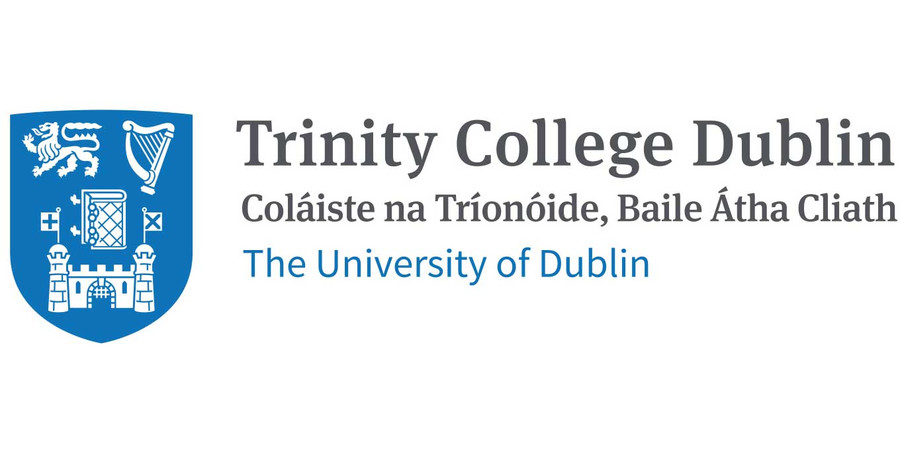Post-Doctoral Research Fellow in Immunology
Trinity College Dublin, The University of Dublin - School of Biochemistry & Immunology
| Location: | Dublin - Ireland |
|---|---|
| Salary: | €40,000 to €45,847 or £34,791.84 to £39,877.54 (converted salary*) gross per annum |
| Hours: | Full Time |
| Contract Type: | Fixed-Term/Contract |
| Placed On: | 6th January 2025 |
|---|---|
| Closes: | 31st January 2025 |
| Job Ref: | 037934 |
Post Description
Infections caused by Staphylococcus aureus cause a 1 million deaths annually, necessitating development of novel therapeutic interventions. Harnessing protective immune responses is an attractive approach but advancing this requires enhanced mechanistic understanding of protective immunity. This project will provide new insights into mechanisms of immunity deployed against this notorious pathogen. Emerging evidence suggests that gdT cells play an important role in the protective immune response to S. aureus. Critically, these cells could offer a significant advantage when dealing with intracellular S. aureus due to their cytotoxic ability. gdT cells are being successfully exploited in cancer immunotherapies to improve clinical outcomes with recent studies demonstrating that anti-tumour activities of gdT cells can be enhanced through metabolic reprogramming. Whether this approach could be adopted to promote their protective functions during infection, is the question this project will address.
Technologies (transcriptomics, metagenomics, in-vivo infection models) will be employed to profile the phenotype and function of gdT cells during S. aureus infection in pre-clinical models and cohorts of S. aureus bloodstream infection patients, with emphasis on the cytotoxic functions of gdT cells. Single cell metabolomic assays will explore the metabolic landscape that gives gdT cells the capacity to target intracellular S. aureus.
Standard Duties and Responsibilities
The post holder will fulfil the defined work programme of the project as outlined by the Principal Investigator and duties will include:
- Proposing, planning and executing experiments
- Analysing and interpreting data
- Maintaining current knowledge of relevant literature
- Disseminating research findings by writing/publishing in journals, presenting data regularly at internal meetings and national/international conferences
- Contributing to the project by engaging with collaborators/team members and advising on experimental design
- Provide training and assistance to undergraduate and postgraduate students working within the group.
The successful candidate will have a PhD in immunology, cell biology, biochemistry, microbiology or a related discipline with a proven publication record publication record, appropriate to their career stage. The ideal applicant will be a highly motivated scientist with a strong background in immunology, ideally in the context of infection. Previous experience with in vivo models, flow cytometry, metabolomics, transcriptomics, bioinformatics is not essential but would be highly advantageous.
Excellent written and oral communication skills are essential.
To apply:
Applicants should submit a full Curriculum Vitae to include the names and contact details of 2 referees (including email addresses), to: Prof. Rachel McLoughlin rachel.mcloughlin@tcd.ie
Only short-listed applications will be acknowledged.
Advert information
Type / Role:
Subject Area(s):
Location(s):









